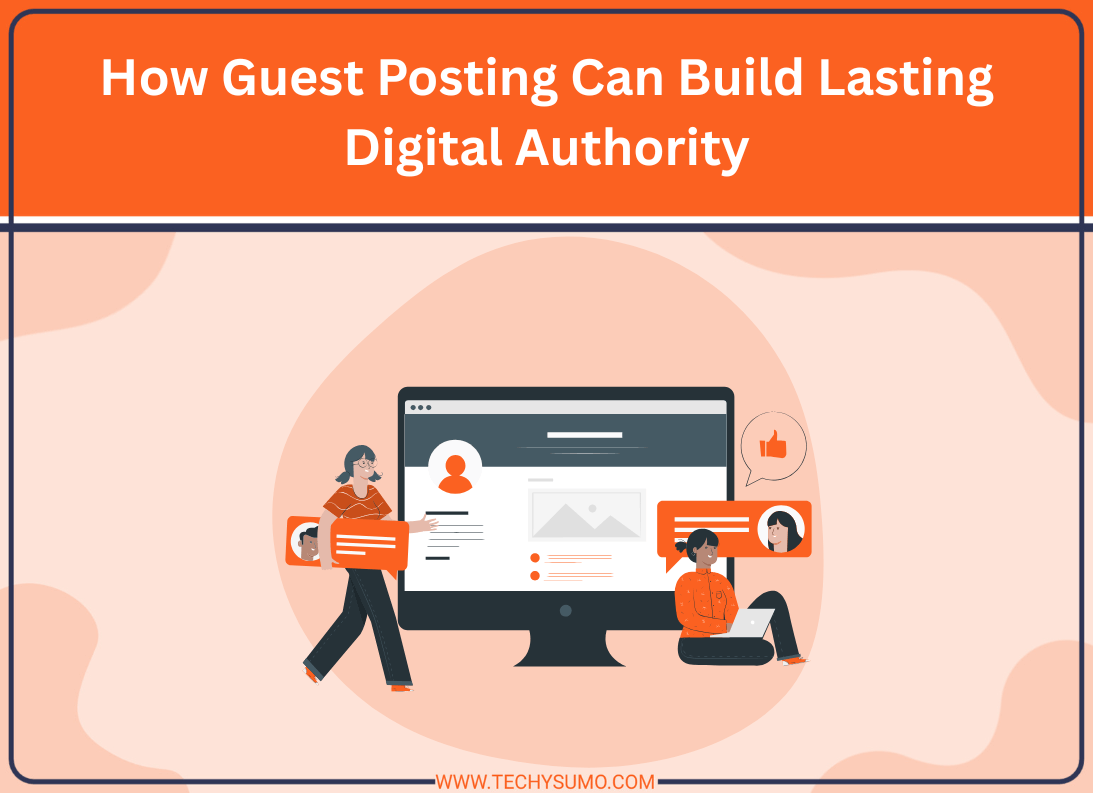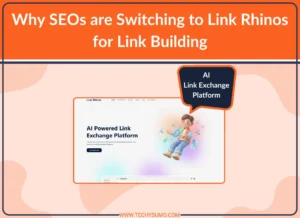Table of Contents
- Guest Posting Basics: What Makes It Valuable?
- Authority and SEO: The Dynamic Duo
- Identifying the Right Platforms for Guest Posting
- Key Components of a Quality Guest Post
- Measuring the Success of Guest Posting Efforts
- Typical Guest Posting Mistakes to Avoid
- Building Long-Term Relationships with Editors and Audiences
- The Future of Guest Posting in a Changing Digital Landscape
- Conclusion: Creating Sustainable Authority Online
Guest Posting Basics: What Makes It Valuable?
Guest posting remains a cornerstone of digital marketing for individuals and brands who aim to build genuine authority and reach targeted audiences. Rather than focusing solely on traffic or backlinks, guest posts create opportunities to showcase expertise, foster trust, and establish a brand’s presence within a new community. A reputable guest posting service can streamline the process by identifying reputable platforms and facilitating high-quality content placement.
The strategic value of guest posting is evident in the amplification of your voice and the relationships it helps create. By contributing invaluable insights to established sites in your niche, you tap into an engaged readership primed to value your perspective. Over time, this positions you as a trusted resource—not just another marketer seeking links or quick wins. According to Search Engine Journal, successful guest posts do more than drive referral visits; they build long-term digital credibility.
Authority and SEO: The Dynamic Duo
Digital authority and SEO performance go hand in hand. High-quality guest posts on respected platforms yield backlinks, a critical ranking factor for search engines like Google. A strong backlink profile signals to search engines that your site is trustworthy and reputable, helping you rank higher for relevant queries. Beyond algorithms, publishing authoritative content for human readers positions you as a thought leader—a dual benefit that can drive organic growth over time. Research from Ahrefs shows that web pages with a higher number of quality backlinks consistently outrank those with fewer references.
Identifying the Right Platforms for Guest Posting
Effective guest posting starts with choosing the right outlets. Aim to contribute to websites closely related to your industry, with audiences that mirror your target demographic. Analyze a site’s domain authority, check its traffic metrics, and browse through the comments and engagement level to assess audience involvement. Avoid generic or unrelated platforms—posting on reputable, niche-specific sites yields the highest impact. Always review editorial guidelines before outreach to ensure your topics and writing style align with the host’s standards and audience expectations.
Key Components of a Quality Guest Post
- Originality: Offer fresh insights or unique case studies that are not duplicated elsewhere online.
- Clear Structure: Use logical headers, bullet points, and concise paragraphs for easy navigation.
- Relevant Data: Back up all claims with recent statistics or links to industry research.
- Actionable Tips: Share guidance or frameworks that the reader can implement immediately.
- Natural Integration: Focus on user value and seamlessly fit your voice into the host site’s narrative. Avoid blatant self-promotion.
Measuring the Success of Guest Posting Efforts
Successful guest posting is measured through SEO and brand engagement metrics. Start by monitoring increases in referral traffic from each published article. Track user engagement signals, such as time-on-site, social shares, and comments, to gauge the real impact on readers. Watch for domain authority improvements using SEO tools. For those with lead generation goals, measure the conversion rates from the landing pages mentioned in your guest posts. Over several months, a consistent guest posting strategy should result in expanded reach, rising brand searches, and growing channel trust.
Also Read
Typical Guest Posting Mistakes to Avoid
- Submitting duplicate or recycled content across multiple platforms.
- Viewing guest posting only as a link-building tactic, rather than a relationship-building opportunity.
- Ignoring editorial guidelines or missing key topics relevant to the host audience.
- Over-optimizing anchor text makes your contributions seem spammy to users and search engines.
- Neglecting post-publication engagement, such as responding to reader comments or questions.
Staying mindful of these missteps elevates both the effectiveness and the reputation of your contributions within your field.
Building Long-Term Relationships with Editors and Audiences
The best results from guest posting come from nurturing ongoing partnerships. Regular contributors who respect editorial processes and consistently deliver quality are often invited back, sometimes for even deeper collaborations like webinars or joint research. Engage authentically with the audience—responding to comments or providing bonus resources demonstrates your willingness to invest in the community. Over time, a positive rapport with editors and readers converts occasional exposure into lasting digital authority.
The Future of Guest Posting in a Changing Digital Landscape
Guest posting continues to evolve as search engines and readers demand more authenticity and authority from contributors. Multimedia guest content, such as podcasts, webinars, or participation in roundtable discussions, is becoming an increasingly valuable avenue for thought leadership. Staying current with changes in content algorithms and best practices ensures your guest contributions remain effective. Insight from the Content Marketing Institute highlights the necessity for genuine expertise and transparency in digital content for ongoing relevance.
Conclusion: Creating Sustainable Authority Online
Building lasting digital authority via guest posting is rooted in authenticity, strategy, and value creation. Contributors foster a reputation that stands out in the digital landscape by focusing on high-quality insights, genuine relationships, and alignment with both human and search engine priorities. Prioritizing people over links leads to sustainable success and ongoing growth—hallmarks of proper authority in any field.






